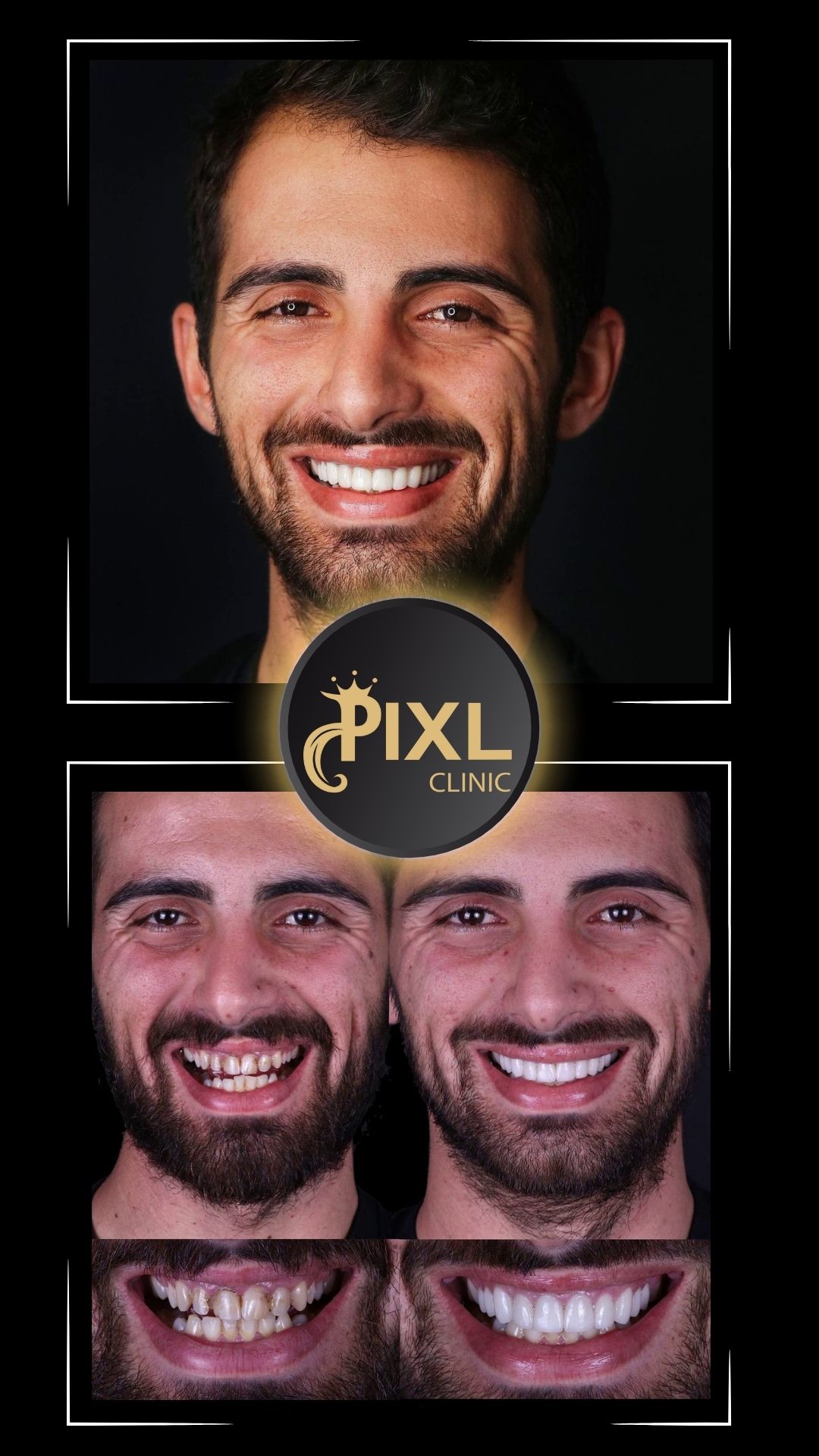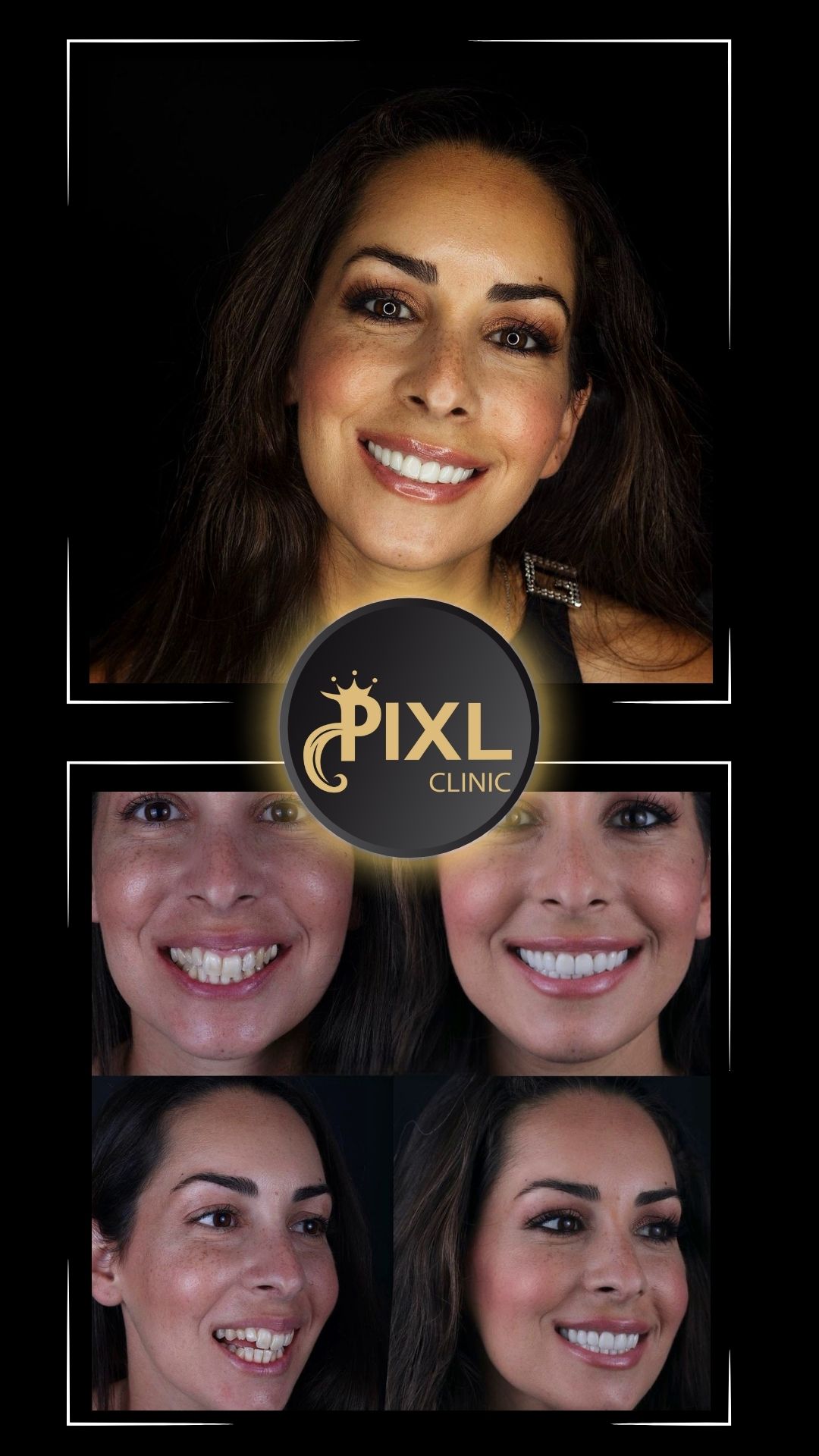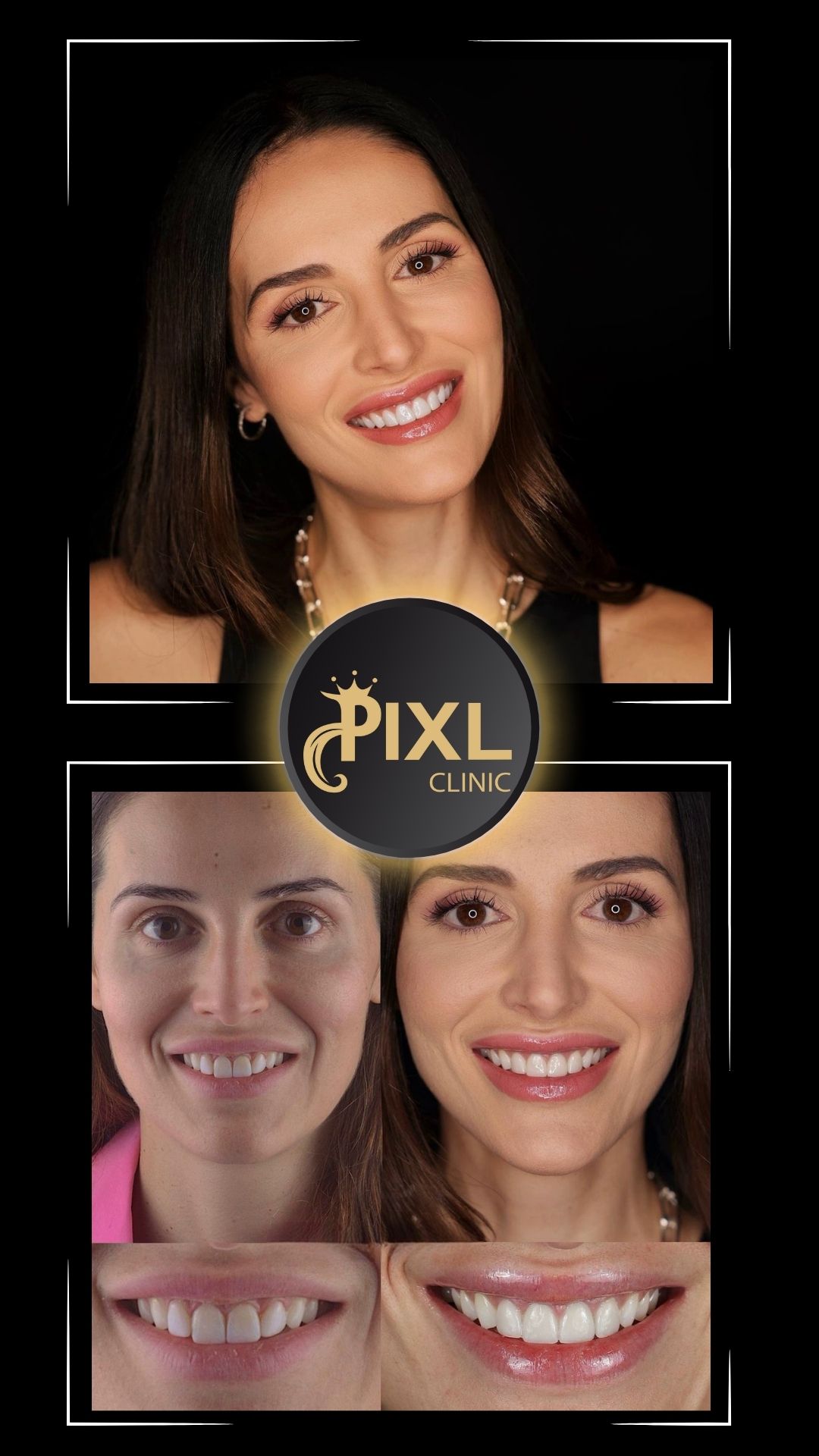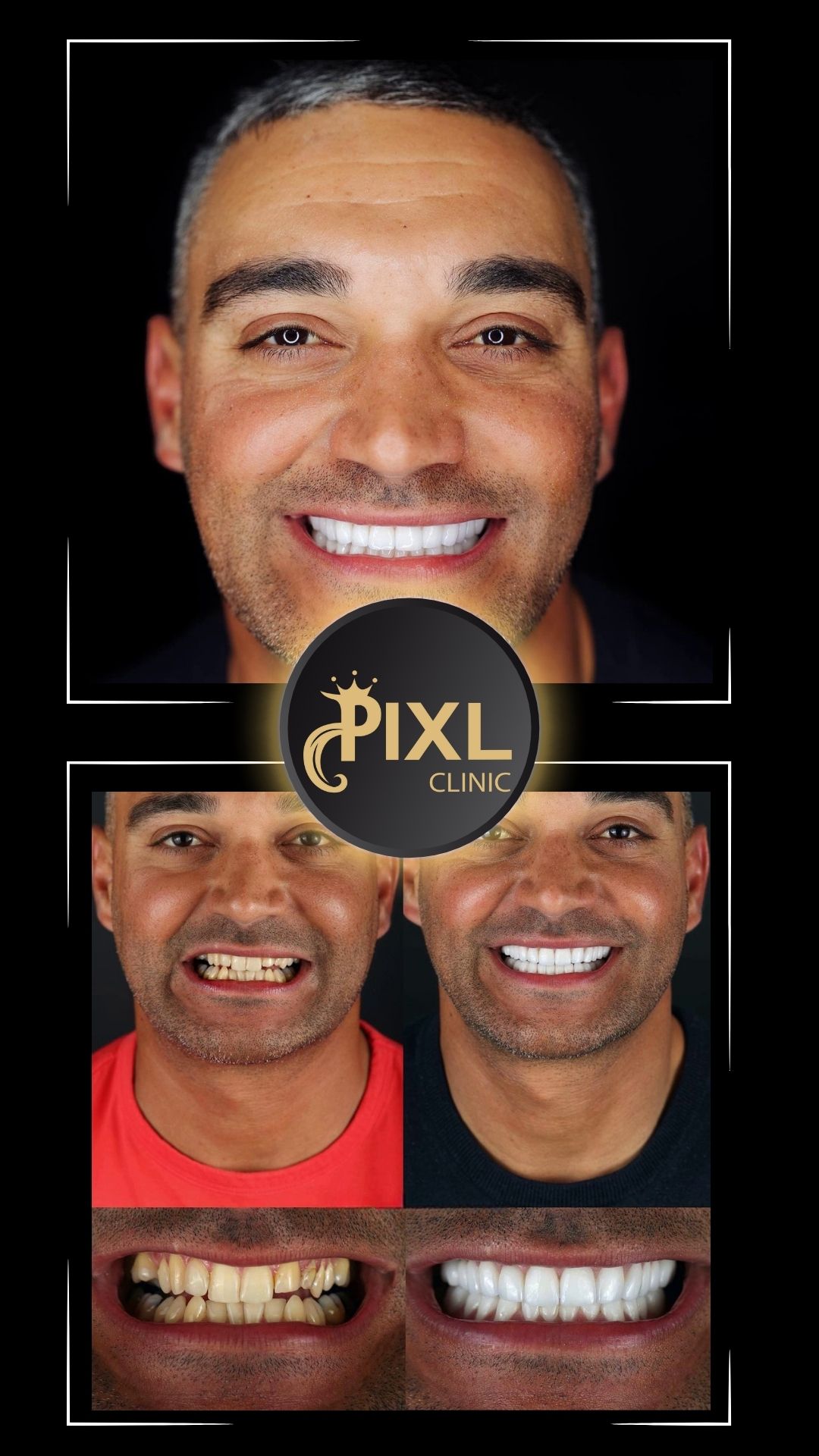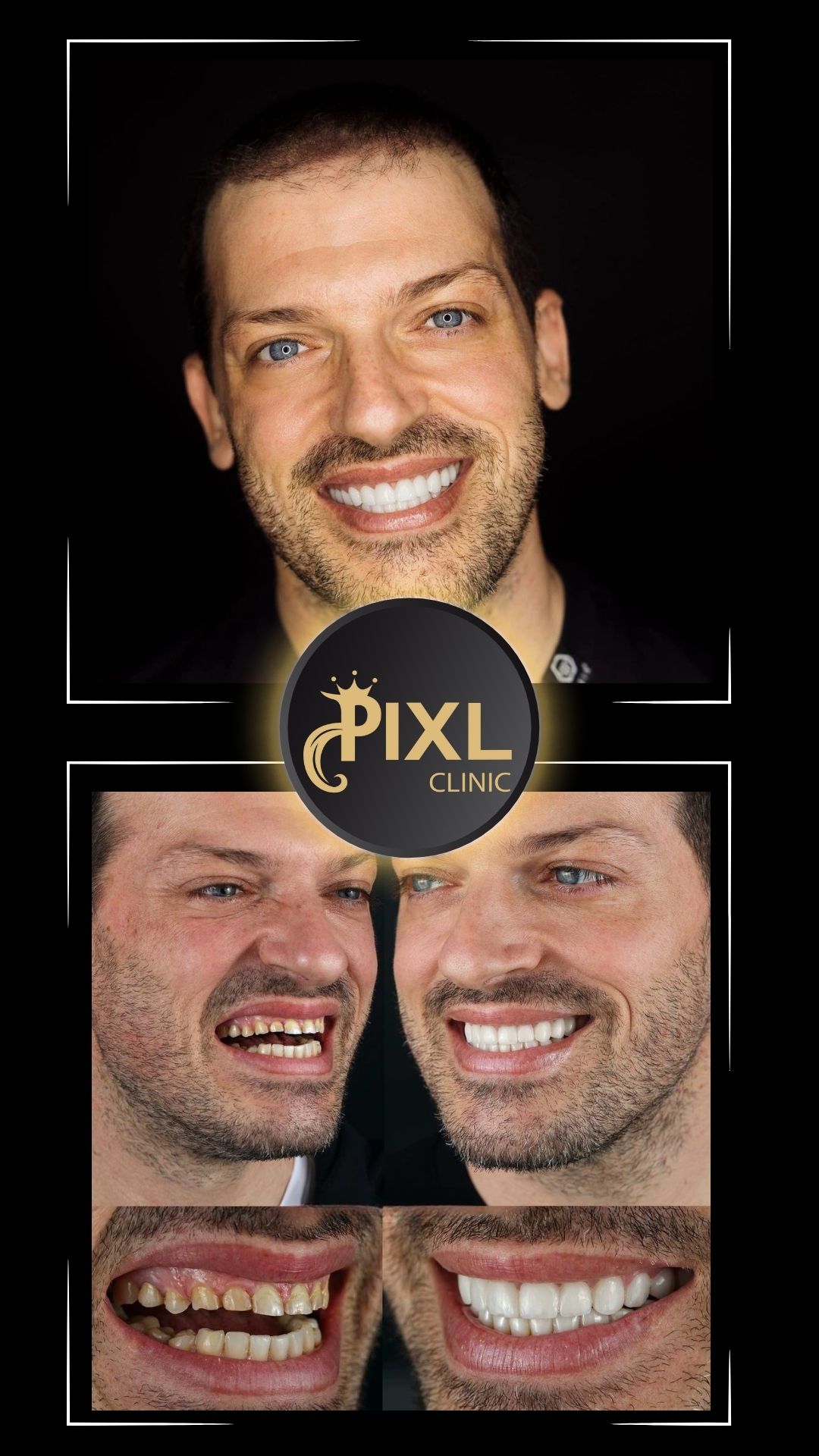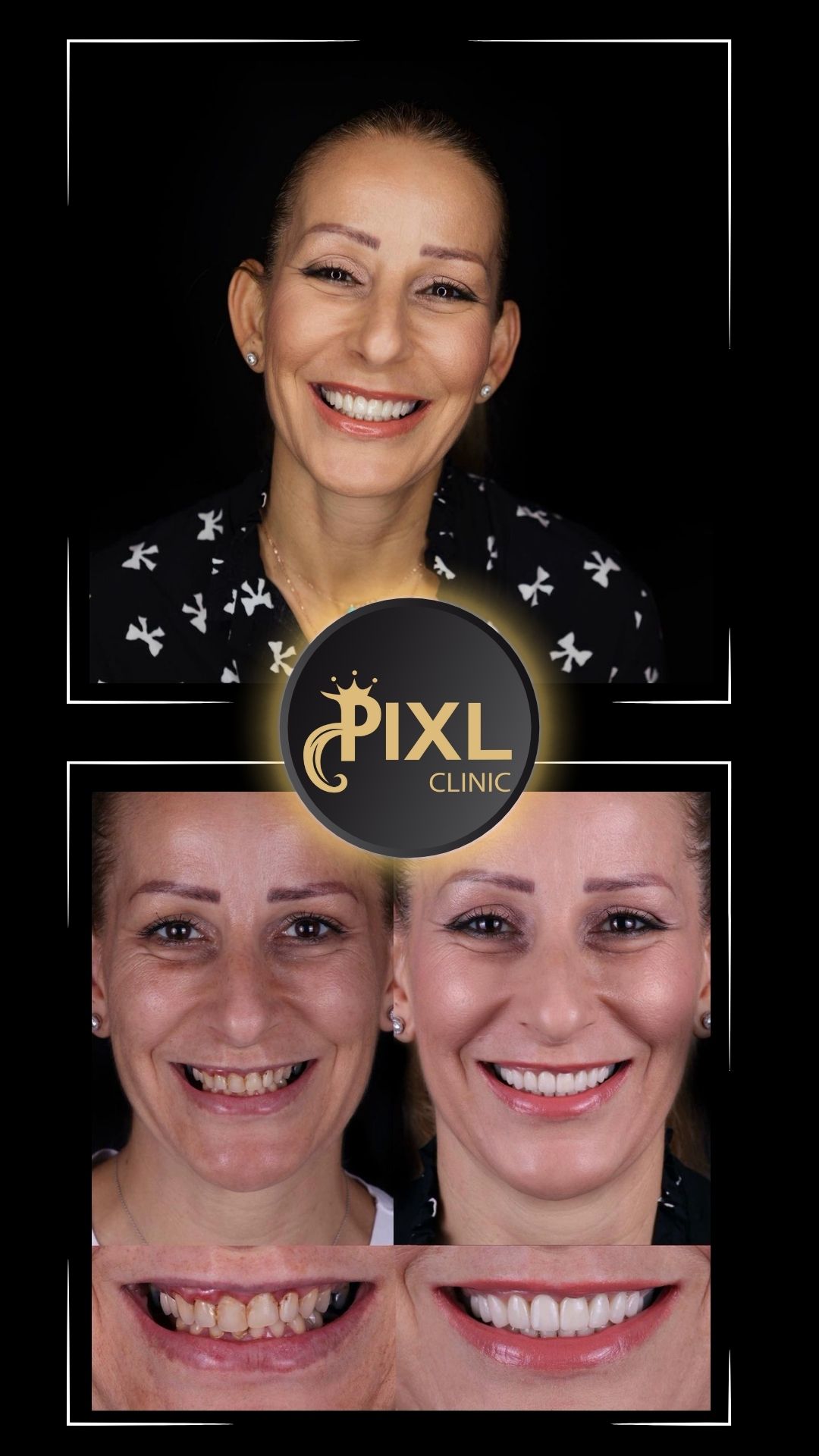Different Types of Dental Implants: Advantages & Disadvantages
Dental implants are a transformative solution for individuals seeking to replace missing teeth. They provide a durable and natural-looking alternative to dentures or bridges. However, not all implants are the same. Various types of dental implants cater to different needs, and understanding their advantages and disadvantages can help in making an informed decision.
Endosteal Implants
Overview
Endosteal implants are the most common type of dental implants. They are placed directly into the jawbone and serve as the root for artificial teeth. These implants typically come in screw, cylinder, or blade forms.
Advantages
- Durability: Designed to last for decades with proper care.
- Natural Appearance: Mimics the look and feel of natural teeth.
- Versatility: Suitable for patients with healthy jawbones and can support multiple teeth.
Disadvantages
- Bone Requirement: Requires adequate jawbone density for successful placement.
- Surgical Procedure: Involves an invasive surgery with a longer healing period.
- Not Ideal for All: Unsuitable for patients with significant bone loss unless bone grafting is done.

Subperiosteal Implants
Overview
Subperiosteal implants are placed under the gum but above the jawbone. They are used for patients who lack sufficient bone density and prefer not to undergo bone grafting.
Advantages
- No Bone Grafting Needed: Ideal for patients with insufficient jawbone.
- Shorter Procedure: Less invasive compared to endosteal implants.
- Faster Healing: Healing time is shorter due to minimal bone involvement.
Disadvantages
- Less Stability: Provides less stability than endosteal implants.
- Limited Use: Not as commonly used today due to advancements in bone grafting techniques.
- Durability Concerns: May not last as long as endosteal implants.
Zygomatic Implants
Overview
Zygomatic implants are used in cases of severe jawbone loss. Instead of anchoring into the jawbone, these implants are anchored into the zygomatic bone (cheekbone).
Advantages
- Alternative for Severe Bone Loss: Ideal for patients with minimal jawbone density.
- No Bone Grafting: Eliminates the need for additional surgeries like bone grafts.
- Immediate Results: Often allows for immediate loading of temporary teeth.
Disadvantages
- Complex Procedure: Requires advanced surgical skills and carries a higher risk of complications.
- Cost: Generally more expensive due to the complexity of the procedure.
- Limited Availability: Only performed by specialized dental surgeons.
All-on-4 Implants
Overview
All-on-4 is a revolutionary implant technique designed to replace an entire arch of teeth using just four strategically placed implants.
Advantages
- Cost-Effective: Fewer implants reduce overall costs.
- Quicker Results: Often allows for same-day teeth placement.
- Minimal Bone Grafting: Can often be performed without extensive bone grafting.
Disadvantages
- Not Removable: Fixed solution that may not appeal to all patients.
- Limited Adjustments: Future changes to the prosthetic may be more challenging.
- Long-Term Maintenance: Requires meticulous care to avoid implant failure.
Mini Dental Implants
Overview
Mini dental implants are smaller and thinner than traditional implants. They are typically used to stabilize dentures or replace small teeth.
Advantages
- Less Invasive: Requires a simpler and less invasive procedure.
- Cost-Effective: Cheaper than traditional implants.
- Quicker Recovery: Healing time is significantly reduced.
Disadvantages
- Limited Applications: Not suitable for replacing large teeth or supporting full arches.
- Durability Concerns: Less durable compared to standard implants.
- Stability Issues: May not provide the same level of stability as traditional implants.
Immediate Load Implants
Overview
Immediate load implants, also known as “same-day implants,” allow the placement of a temporary tooth on the same day as the implant procedure.
Advantages
- Quick Results: Eliminates the waiting period for a temporary prosthesis.
- Convenience: Reduces the number of dental visits.
- Natural Aesthetics: Immediate restoration of appearance and functionality.
Disadvantages
- Bone Quality Requirement: Requires strong jawbone to support the immediate load.
- Higher Risk of Failure: Increased risk of implant failure if the jawbone does not heal properly.
- Cost: Higher upfront costs due to the advanced technique.
Two-Stage Implants
Overview
Two-stage implants involve two separate procedures: one to place the implant in the jawbone and another to attach the abutment after the site has healed.
Advantages
- High Success Rate: Provides a strong foundation for the prosthetic tooth.
- Customizable: Allows for more precise fitting of the prosthetic.
- Long-Term Durability: Known for lasting many years with proper care.
Disadvantages
- Time-Consuming: Requires multiple visits over several months.
- Healing Time: Longer healing period before the final restoration.
- Invasive: Involves two separate surgeries, increasing patient discomfort.
Final Thoughts
Choosing the right dental implant depends on several factors, including your oral health, jawbone condition, budget, and aesthetic preferences. Consulting with a skilled dental professional is crucial to understanding which type of implant is best for your specific needs. While each type has its own advantages and disadvantages, the key to success lies in proper planning, skilled execution, and diligent aftercare.
Frequently Asked Questions (FAQ) About Dental Implants
What are dental implants?
Dental implants are artificial tooth roots made of biocompatible materials like titanium. They are surgically placed into the jawbone to support replacement teeth, such as crowns, bridges, or dentures.
Who is a good candidate for dental implants?
A good candidate for dental implants typically:
- Has good overall health.
- Possesses sufficient jawbone density to support the implant.
- Practices good oral hygiene.
- Is a non-smoker or willing to quit, as smoking can impair healing. If you have bone loss, procedures like bone grafting may still make implants an option.
Are dental implants painful?
The procedure is performed under local anesthesia, so you shouldn’t feel pain during the surgery. Post-surgery, you may experience mild discomfort or swelling, which can be managed with over-the-counter pain relievers.
How long do dental implants last?
With proper care, dental implants can last 15–25 years or more. The crown or prosthetic attached to the implant may require replacement after 10–15 years due to wear.
What are the advantages of dental implants over dentures or bridges?
- Durability: Implants are long-lasting and stable.
- Natural Appearance: They look and feel like natural teeth.
- No Damage to Adjacent Teeth: Unlike bridges, implants don’t rely on surrounding teeth for support.
- Better Functionality: Implants restore chewing ability more effectively than dentures.
Are dental implants safe?
Yes, dental implants are considered safe and have a high success rate (around 95%). However, success depends on the patient’s oral health, lifestyle, and the skill of the dental surgeon.
How much do dental implants cost?
The cost of dental implants varies based on:
- The type of implant.
- The number of teeth being replaced.
- Additional procedures like bone grafting. In general, a single implant can range from $3,000 to $6,000, including the crown.
How long does the dental implant process take?
The timeline varies:
- Traditional Implants: 3–6 months to allow the implant to fuse with the bone (osseointegration).
- Immediate Load Implants: Teeth are placed on the same day, though not all cases qualify for this option.
What is bone grafting, and why might I need it?
Bone grafting is a procedure to add bone material to areas with insufficient jawbone density. It’s often required to create a stable foundation for implants if the jawbone has deteriorated due to tooth loss, aging, or disease.
What are the risks or complications of dental implants?
While rare, potential risks include:
- Implant failure (often due to poor bone integration or infection).
- Nerve damage.
- Sinus issues (if placed in the upper jaw).
- Gum recession around the implant.
Can dental implants be done for full-mouth restoration?
Yes, options like All-on-4 implants or full-arch implants allow for replacing an entire row of teeth using minimal implants. This is an excellent solution for patients with severe tooth loss.
How do I care for dental implants?
Care for dental implants is similar to natural teeth:
- Brush and floss daily.
- Use a soft-bristled toothbrush.
- Visit your dentist regularly for check-ups and professional cleanings.
- Avoid hard foods and bad habits like teeth grinding or nail-biting.
Can dental implants fail?
Although rare, implants can fail due to:
- Poor oral hygiene.
- Smoking.
- Chronic conditions like diabetes or gum disease.
- Inadequate jawbone integration.
Are there alternatives to dental implants?
Yes, alternatives include:
- Dentures: Removable prosthetics for missing teeth.
- Dental Bridges: Fixed prosthetics that rely on adjacent teeth for support.
- Resin-Bonded Bridges: A less invasive option for single-tooth replacement.
Are dental implants covered by insurance?
Dental insurance may cover part of the cost, but many plans treat implants as a cosmetic procedure. Some medical insurance plans may cover related costs if tooth loss impacts health (e.g., jawbone atrophy).




